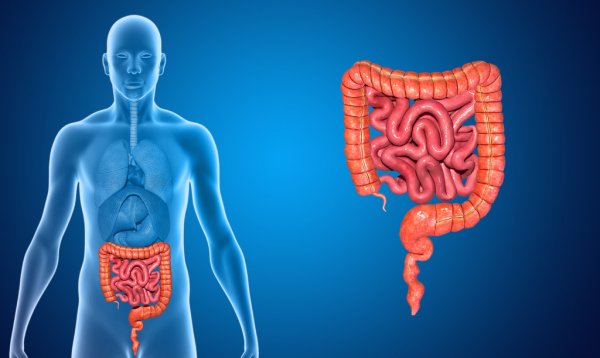In the peer-reviewed journal Gastroenterology, a research group with the Washington University School of Medicine in St. Louis has identified people with problems in the upper gastrointestinal tract to potentially be at a higher risk of COVID-19 infection.
For the study, tissue samples derived from 30 patients with Barrett’s esophagus were examined.
Researchers suggest esophageal cells within patients with Barrett’s contain receptors that could bind to and potentially result in infection by SARS-CoV-2.
“You can imagine that if someone already has low levels of the virus in their respiratory tract, that individual could swallow some respiratory secretions, and the virus could infect cells in the esophagus to make them sicker that way,” the study reads.
“Overall, our data suggest that individuals with intestinal-type metaplasias of proximal gastrointestinal tract (e.g. Barrett’s esophagus, in particular) are potentially at higher risk for developing or experiencing a more severe presentation of COVID-19 relative to the general population,” researchers concluded in their findings.
While no evidence exists that Barett’s esophagus has led to more cases of COVID-19, its potential to increase the risk of infection should continue to be thoroughly studied.


